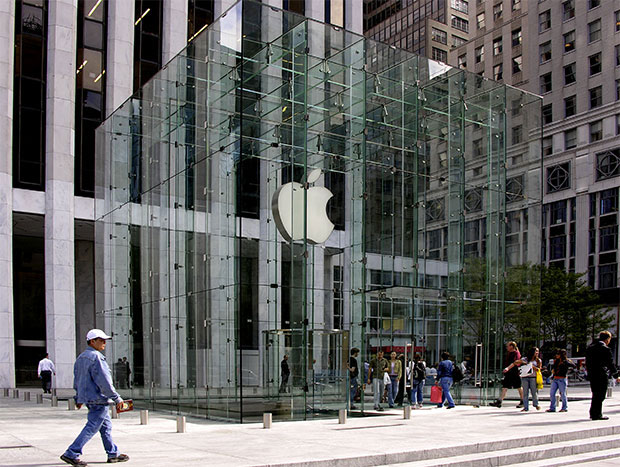Apple Invests $1.93 Billion In Two European Data Centers Fully Powered By Renewable Energy
Environmental stewardship may not be the first thing that comes to mind when you think of Apple, but it’s certainly becoming a large part of the company’s self-perception under CEO Tim Cook’s leadership. Today, Apple announced that it will soon build two data centers in Europe to support its online services in the region and claimed that both data centers will be powered by “100 percent renewable energy.”
Apple has been adding jobs feverishly in Europe, with more than 2,000 employees coming on board this year, and seems likely to add more positions when the data centers open in 2017. Apple is planning one data center in Denmark’s central Jutland and the other in County Galway, Ireland. The centers will handle iTunes Store, iMessage, Siri, and other services for Europe.

In keeping with Apple’s commitment to be environmentally responsible, the two data centers will be environmentally friendly in multiple ways and are expected have the lowest environmental impact of any Apple data centers. “We believe that innovation is about leaving the world better than we found it, and that the time for tackling climate change is now,” said Apple vice president of Environmental Initiatives Lisa Jackson in a statement.
The data center in Athenry, Ireland will recover land that was used for harvesting trees. Apple plans to add native tress to its campus. The Denmark data center will be built near an electrical substation to reduce the need for generators and will direct excess heat to nearby homes. The total cost for the centers is expected to be about $1.93 billion.
Apple has announced other environmentally friendly plans in recent weeks, including a major solar power energy purchase for its in-progress headquarters and a new, solar-powered data center in the U.S.
Governments and businesses in Europe have been tightening security rules in the wake of massive hacking attacks and revelations of NSA spying. The moves have prompted companies like Google to build data centers in Europe, thereby keeping customer data closer to the customers themselves.

